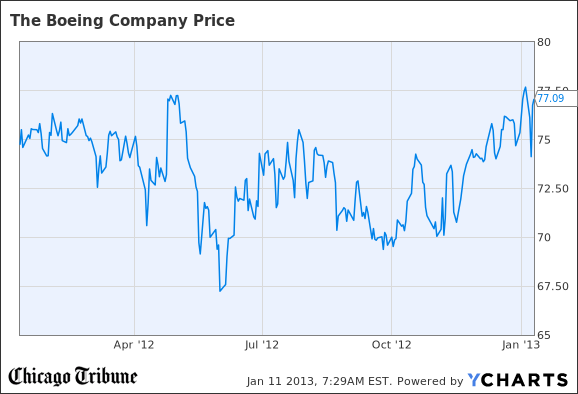WASHINGTON — With the Newtown, Conn., massacre spurring concern over violent video games, makers of popular games like Call of Duty and Mortal Kombat are rallying Congressional support to try to fend off their biggest regulatory threat in two decades.
Alex Wong/Getty Images
Vice President Joseph R. Biden Jr. meeting Friday with video game industry executives, a response to last month's massacre.
The $60 billion industry is facing intense political pressure from an unlikely alliance of critics who say that violent imagery in video games has contributed to a culture of violence. Vice President Joseph R. Biden Jr. met with industry executives on Friday to discuss the concerns, highlighting the issue’s prominence.
No clear link has emerged between the Connecticut rampage and the gunman Adam Lanza’s interest in video games. Even so, the industry’s detractors want to see a federal study on the impact of violent gaming, as well as cigarette-style warning labels and other measures to curb the games’ graphic imagery.
“Connecticut has changed things,” Representative Frank R. Wolf, a Virginia Republican and a frequent critic of what he terms the shocking violence of games, said in an interview. “I don’t know what we’re going to do, but we’re going to do something.”
Gun laws have been the Obama administration’s central focus in considering responses to the shootings. But a violent media culture is being scrutinized, too, alongside mental health laws and policies.
“The stool has three legs, and this is one of them,” Mr. Wolf said of violent video games.
Studies on the impact of gaming violence offer conflicting evidence. But science aside, public rhetoric has clearly shifted since the shootings, with politicians and even the National Rifle Association — normally a fan of shooting games — quick to blame video games and Hollywood movies for inuring children to violence.
“I don’t let games like Call of Duty in my house,” Gov. Chris Christie of New Jersey said this week on MSNBC. “You cannot tell me that a kid sitting in a basement for hours playing Call of Duty and killing people over and over and over again does not desensitize that child to the real-life effects of violence.”
Residents in Southington, Conn., 30 miles northeast of Newtown, went so far as to organize a rally to destroy violent games. (The event was canceled this week.) Mr. Biden, meeting with some of the industry’s biggest manufacturers and retailers, withheld judgment on whether graphic games fuel violence. But he added quickly, “You all know the judgment other people have made.”
Industry executives are steeling for a political battle, and they have strong support from Congress as well as from the courts.
Industry representatives have already spoken with more than a dozen lawmakers’ offices since the shootings, urging them to resist threatened regulations. They say video games are a harmless, legally protected diversion already well regulated by the industry itself through ratings that restricting some games to “mature” audiences.
With game makers on the defensive, they have begun pulling together scientific research, legal opinions and marketing studies to make their case to federal officials.
“This has been litigated all the way to the Supreme Court,” Michael Gallagher, chief executive of the industry’s main lobbying arm, said in an interview, referring to a 2011 ruling that rejected a California ban on selling violent games to minors on First Amendment grounds.
Twenty years ago, with graphic video games still a nascent technology, manufacturers faced similar threats of a crackdown over violent games. Even Captain Kangaroo — Bob Keeshan — lobbied for stricter oversight. The industry, heading off government action, responded at that time by creating the ratings labels, similar to movie ratings, that are ubiquitous on store shelves today.
This time, with a more formidable presence in Washington, the industry is not so willing to discuss voluntary concessions.
Game makers have spent more than $20 million since 2008 on federal lobbying, and millions more on campaign donations.
Mr. Gallagher’s group, the Entertainment Software Association, has five outside lobbying firms to push its interests in Washington. And the industry has enjoyed not only a hands-off approach from Congress, which has rejected past efforts to toughen regulations, but also tax breaks that have spurred sharp growth.
Game makers even have their own bipartisan Congressional caucus, with 39 lawmakers joining to keep the industry competitive.











